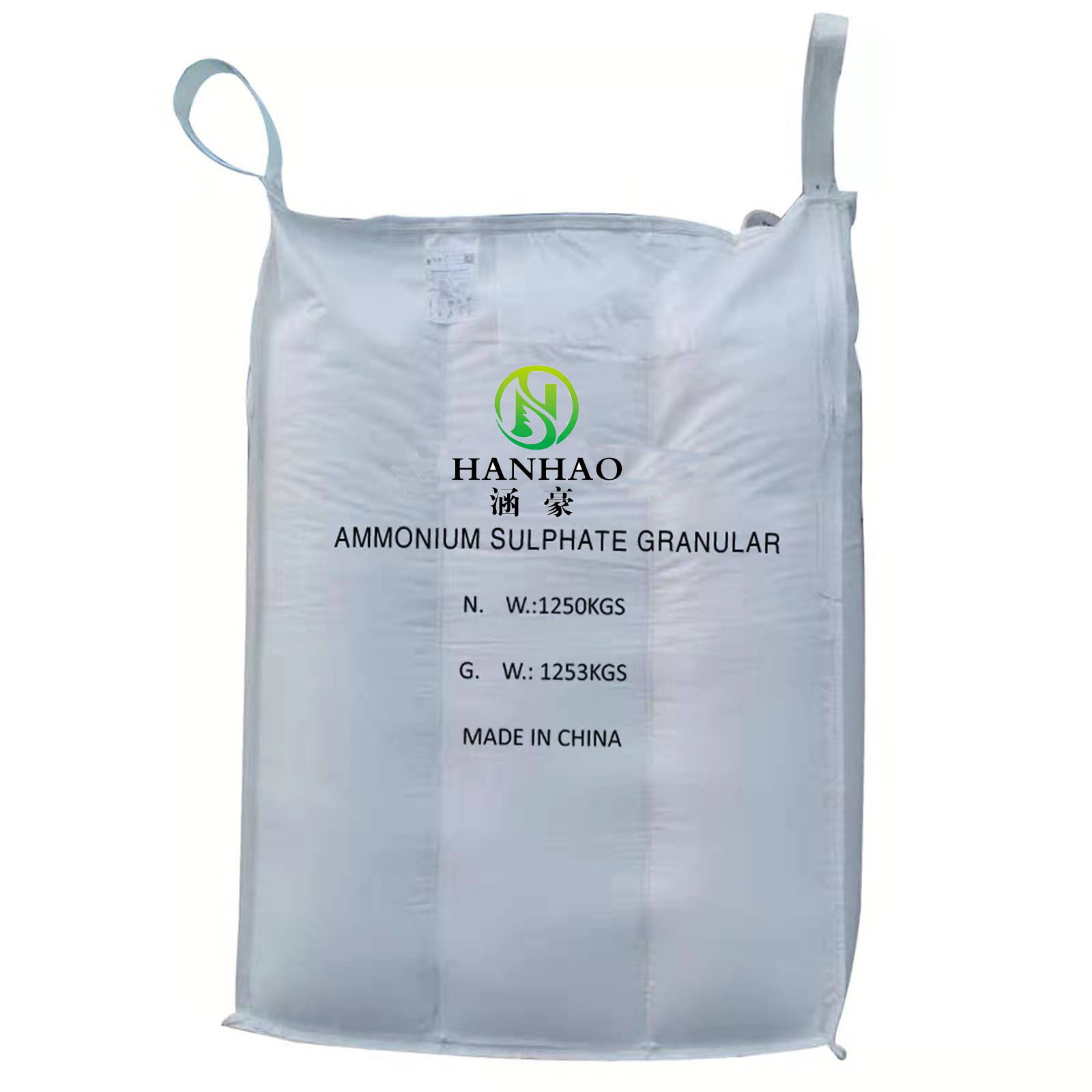
Nov . 27, 2024 13:57 Back to list
Efficient Use of Foliar NPK Fertilizers for Enhanced Crop Growth and Health
The Role of Foliar NPK Fertilizers in Modern Agriculture
In the ever-evolving world of agriculture, the quest for improved crop yields and better quality produce has led to the innovative use of various fertilizers, among which foliar NPK fertilizers stand out. NPK fertilizers, comprising Nitrogen (N), Phosphorus (P), and Potassium (K), are essential nutrients that play a crucial role in plant growth and development. The application of these nutrients through foliar spraying has gained popularity due to its numerous advantages.
Understanding Foliar NPK Fertilizers
Foliar fertilization is the practice of applying nutrients directly onto the leaves of plants. This method allows for rapid absorption and immediate effect, making it an attractive option for farmers seeking to enhance crop performance. When NPK fertilizers are applied in this manner, the nutrients are readily available to the plant and can quickly contribute to various physiological functions, including photosynthesis, energy transfer, and overall growth.
Benefits of Foliar Application of NPK Fertilizers
1. Rapid Nutrient Uptake One of the most significant advantages of foliar NPK application is the speed at which plants can absorb nutrients. Unlike soil application, where nutrient availability is often dependent on microbial activity and soil conditions, foliar application allows for direct nutrient uptake. This is crucial during critical growth stages, such as flowering and fruiting, when plants demand higher nutrient levels.
2. Enhanced Efficiency Foliar application can achieve higher nutrient use efficiency compared to traditional soil fertilization. The smaller amounts of fertilizer required for foliar feeding reduce the risk of nutrient leaching and runoff into water systems, addressing environmental concerns associated with fertilizer overuse.
3. Targeted Nutrition Foliar NPK fertilizers allow farmers to address specific nutrient deficiencies quickly. By conducting leaf tissue analyses, farmers can identify which nutrients are lacking and tailor their foliar applications to meet the precise needs of their crops. This targeted approach not only optimizes plant health but also minimizes waste.
4. Stress Mitigation During periods of environmental stress, such as drought or suboptimal soil conditions, plants may struggle to absorb nutrients effectively. Foliar feeding can help mitigate the stress by providing essential nutrients directly when the plant needs them most. This can enhance resilience and improve yield even under challenging circumstances.
foliar npk fertilizer

5. Improved Crop Quality Studies have shown that foliar application of NPK fertilizers can lead to improvements in the quality of produce. Enhanced nutrient availability can result in higher sugar content, better color, and improved shelf life, positively impacting marketability and consumer preference.
Best Practices for Foliar NPK Application
While the benefits of foliar NPK fertilizers are vast, it is essential to follow best practices to maximize their effectiveness
- Timing is Key Foliar applications should be timed according to plant growth stages and environmental conditions. Applications during early morning or late afternoon can reduce evaporation rates and enhance absorption. - Proper Concentration The concentration of NPK solutions must be carefully calibrated. Overly concentrated solutions can lead to leaf burn, while under-concentration may not provide the desired effects.
- Use of Surfactants Adding surfactants to foliar solutions can improve the spread and penetration of the nutrients on leaf surfaces, enhancing absorption.
- Regular Monitoring Farmers should routinely monitor their crops for nutrient deficiencies and assess the impact of foliar applications. This continuous feedback loop helps refine fertilization strategies.
Conclusion
Foliar NPK fertilizers are a powerful tool in modern agricultural practices, offering numerous benefits in terms of rapid nutrient uptake, efficiency, and crop quality. As global food demand continues to rise, the adoption of innovative fertilization techniques like foliar feeding is crucial for sustainable agricultural development. By embracing the potential of foliar NPK fertilizers, farmers can ensure that they not only meet the nutritional needs of their crops but also contribute positively to the environment and the overall sustainability of agricultural practices. The future of farming lies in the ability to harness such innovative techniques, ensuring food security and enhancing the well-being of populations worldwide.
-
10-10-10 Organic Fertilizer - Balanced NPK Formula
NewsAug.02,2025
-
Premium Organic Manure Compost for Eco Gardens
NewsAug.01,2025
-
Organic 10-10-10 Fertilizer | Balanced Plant Nutrients
NewsJul.31,2025
-
Premium Amino Acid Fertilizer | Rapid Plant Growth Booster
NewsJul.31,2025
-
10 10 10 Fertilizer Organic—Balanced NPK for All Plants
NewsJul.30,2025
-
Premium 10 10 10 Fertilizer Organic for Balanced Plant Growth
NewsJul.29,2025
